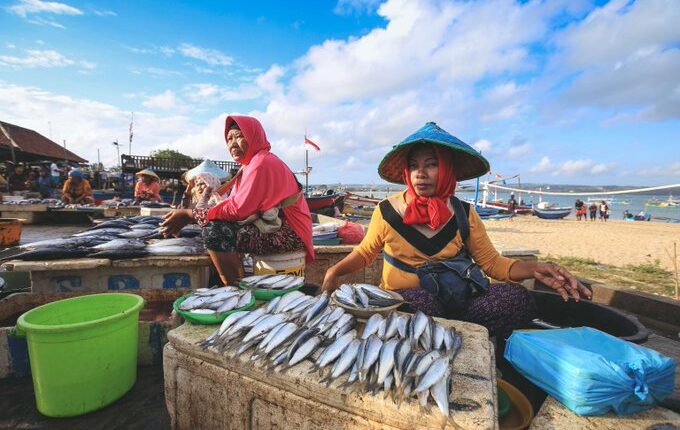ABIDJAN – Côte d’Ivoire has received a $35 million from the World Bank for successfully reducing 7 million tons of carbon emissions. This payment, part of the Emission Reductions Payment Agreement (ERPA) with the World Bank’s Forest Carbon Partnership Facility (FCPF), directly benefits local communities and forest conservation stakeholders who have played a key role in reducing pollution by fixing damaged forests, planting crops and trees, and preserving existing forests. The amount granted is part of a larger agreement aiming for a total emission reduction of 10 million tons, (10 million “carbon credits”) valued at $50 million.
This first payment is based on the verified reduction of carbon emissions, confirmed by an independent third-party process. Proceeds will be distributed according to a robust benefit sharing plan designed through a consultative, participatory, and transparent process and will directly benefit those who played a crucial role in reducing carbon emissions between October 30, 2020, and December 31, 2021. The transaction underscores the importance of international cooperation and financial mechanisms in enhancing sustainable environmental practices, serving as a replicable model for rehabilitation through forest replanting, agroforestry techniques, and forest conservation efforts worldwide. It demonstrates the impact of financial incentives on fostering widespread participation in environmental preservation at the local and international levels.
Côte d’Ivoire’s Emission Reductions Program showcases the country’s strategic approach to combating deforestation and forest degradation, while enhancing carbon storage through reforestation and agroforestry. This initiative aligns with the country’s commitments under the Paris Agreement, demonstrating its active engagement in environmental stewardship and climate action efforts.
“Côte d’Ivoire’s remarkable achievement exemplifies its unwavering dedication to environmental stewardship, climate action, and shared prosperity. By reducing its carbon emissions, the country not only safeguards its invaluable forests but also paves the way for sustainable development across the African continent and beyond,” said World Bank Country Director for Côte d’Ivoire, Marie-Chantal Uwanyiligira. “It’s imperative for the global community to rally behind Côte d’Ivoire by also providing crucial financial support for its adaptation program to help accelerate progress towards a more sustainable future for all.
Aimed at addressing deforestation and degradation across five administrative regions within the cocoa belt, the program is tackling areas under acute environmental stress. Spanning roughly 4.69 million hectares, including the critically important Taï National Park, which is a UNESCO Biosphere Reserve, the program aims to generate 30 million tons of CO2 emission reductions over a five-year period, focusing on sustainable land management practices. Côte d’Ivoire is now the fourth country in Africa, after Mozambique, Ghana, and Madagascar, to receive a results-based payment from the FCPF.
About the Forest Carbon Partnership Facility (FCPF)
The Forest Carbon Partnership Facility (FCPF) is a global partnership of governments, businesses, civil society, and Indigenous Peoples’ organizations focused on reducing emissions from deforestation and forest degradation, forest carbon stock conservation, the sustainable management of forests, and the enhancement of forest carbon stocks in developing countries, activities commonly referred to as REDD+. Launched in 2008, the FCPF has worked with 47 developing countries across Africa, Asia, and Latin America and the Caribbean, along with 17 donors that have made contributions and commitments totaling $1.3 billion.


Comments are closed.